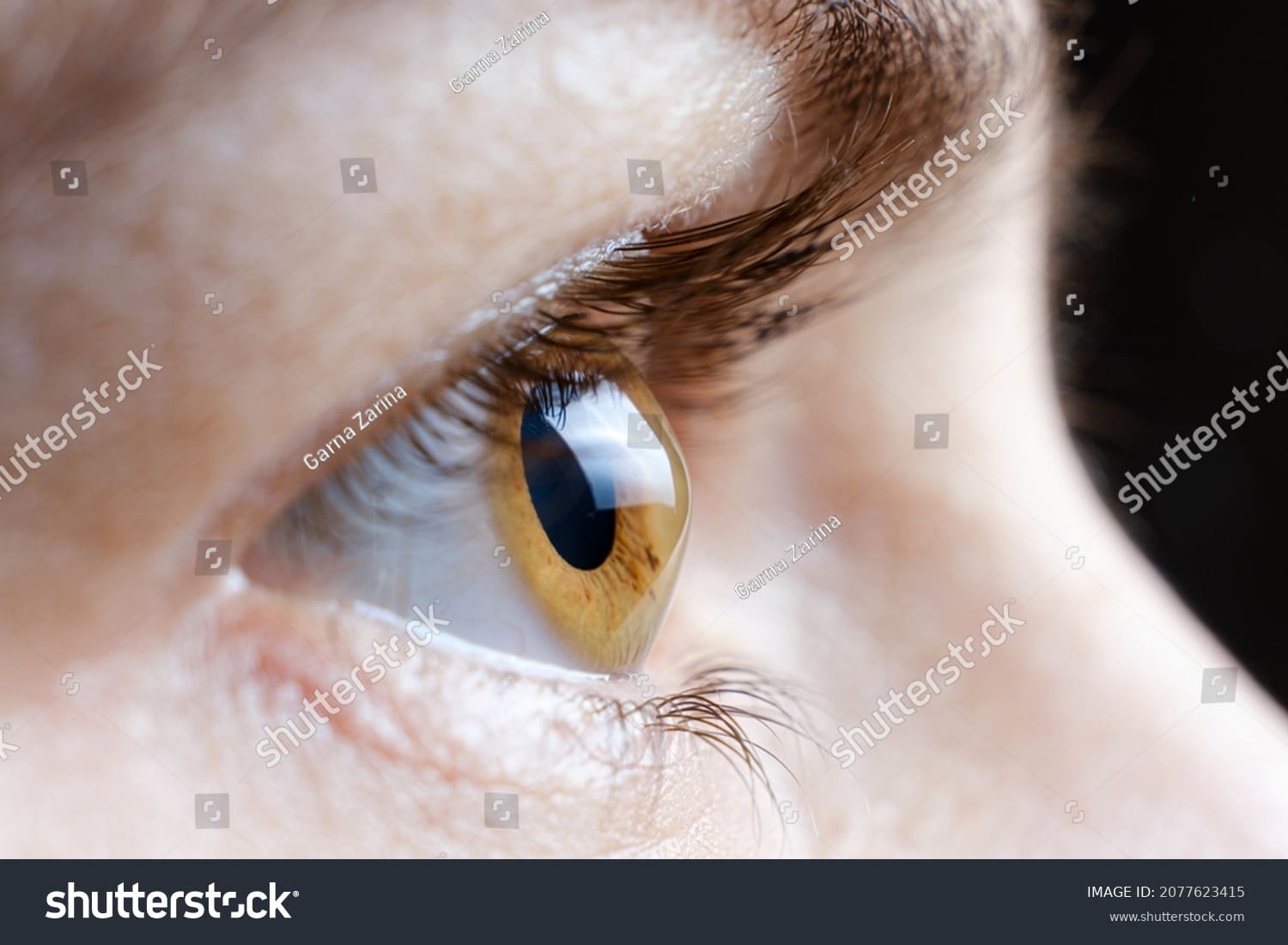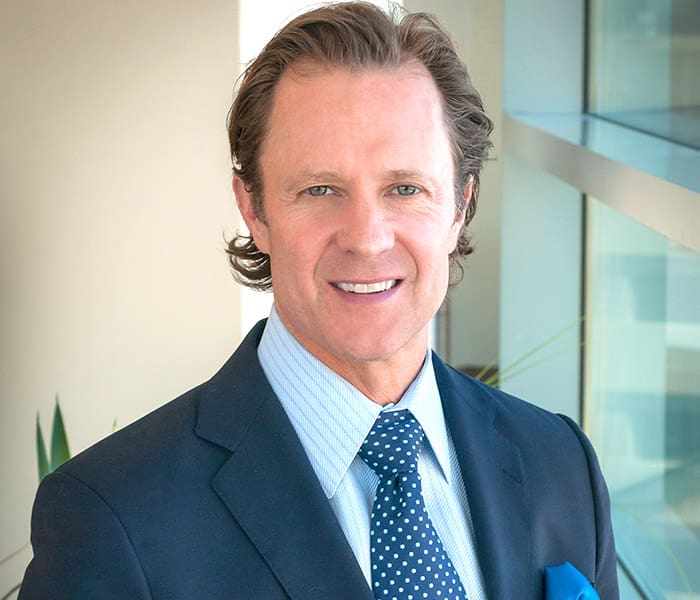Of course. Here is the 1800-word SEO article, crafted to your precise specifications.
Second Opinions: Why They Matter For Vision Correction
Let’s be honest for a second. When we finally decide to look into laser eye surgery, we’re usually pretty excited. We’ve been dreaming of tossing the glasses and forgetting where we left our contacts. So, when a consultant at the first place we visit tells us we’re a perfect candidate and can book for next week, our first instinct isn’t usually, “Hmm, I should go get a second opinion.”
It’s more like, “Sign me up!” We get it. The promise of clear vision is incredibly enticing. But what if we told you that skipping that second consultation might be the biggest mistake you can make on this journey? Getting a second opinion isn’t about distrust; it’s about empowerment. It’s your vision, and you deserve to have all the facts, from multiple expert perspectives, before making a decision that’s literally going to change how you see the world.
We see it all the time at our practice, Liberty Laser Eye Center over in Vienna, Virginia. Patients come to us for a consult after seeing another provider, armed with questions they didn’t even know they had. And that’s a good thing! It means they’re taking control. So, let’s walk through why a second look is so critical.
Beyond the Hype: What a Second Opinion Really Gives You
Think of a second opinion not as a doubt, but as a confirmation. It’s your due diligence. It’s the difference between buying the first car you test drive and taking a few for a spin to see which one truly feels right.
Confirmation of Your Diagnosis and Treatment Plan
This is the big one. Not all vision issues are created equal. You might have been told you’re a candidate for standard Lasik eye surgery, but another best Lasik surgeon might look at your unique corneal topography and suggest something more tailored.
- Do you just have simple Nearsightedness? Standard LASIK might be perfect.
- Are you dealing with a more complex prescription involving Astigmatism? Wavefront Analysis or Topography-Guided LASIK Surgery could offer a sharper, more customized outcome.
- Are you over 40 and starting to experience Presbyopia? You might be a fantastic candidate for PresbyLASIK Surgery, a specialized technique that can address both distance and reading vision, something a quick consult might not even bring up.
A second set of expert eyes ensures the initial diagnosis wasn’t missed or oversimplified. It verifies that the recommended eye surgery type is truly the best one for your eyes, not just the one that practice does the most.
A Chance to Compare Technologies and Techniques
Let’s talk tech. The field of laser eye surgery is always advancing. Does the first place you visit use the latest generation of lasers? Do they offer a full suite of procedures, or do they mostly push one type because that’s their main equipment?
A second opinion allows you to ask:
- “What technology will you use for my procedure and why is it best for me?”
- “Do you offer both Advanced PRK Surgery and LASIK, and how do you decide which is better for a patient?”
- “What kind of diagnostic mapping do you do? Is it standard or do you use Wavefront Analysis to create a 3D map of my vision?”
At Liberty Laser Eye Center, for instance, we believe in a technology-first approach. We don’t believe in a one-size-fits-all solution. Getting a consult with us, or another top-tier center, lets you compare what’s on the menu. It’s your chance to see if you’re being offered a standard solution or a premium, customized one.
Evaluating the Surgeon and The Practice’s Philosophy
This is huge. The Lasik doctors you meet are going to be responsible for your sight. A second opinion is a free pass to interview another potential expert. Pay attention to everything.
- Who does the consultation? Is it the actual surgeon who will perform the procedure, or a sales-oriented consultant? At our center in Washington DC’s metro area, you sit down with the surgeon from the start. We think you deserve that.
- How much time do they spend with you? Are they rushed? Do they answer all your questions thoroughly?
- Do they discuss risks and realistic outcomes? Anyone who only talks about the success rate and doesn’t honestly discuss things like the potential for Dry Eye Treatment after surgery is doing you a disservice. A great surgeon is confident, transparent, and sets realistic expectations about everything from Lasik recovery to long-term care.
The All-Important “Vibe Check”
We’re not kidding. You need to feel comfortable, confident, and cared for. This isn’t a transaction; it’s a partnership. Do you trust them? Your gut feeling matters. A second opinion gives you a baseline for comparison. Maybe the first place felt fine, but the second place feels exceptional. That’s valuable data.
What If The Opinions Don’t Match?
This is where the real value kicks in. If you get two different recommendations, it doesn’t mean one doctor is wrong. It means you now have the opportunity to dig deeper.
- Scenario 1: One doctor says you’re a perfect candidate for LASIK. Another suggests Advanced PRK Surgery because your corneas are a bit thin. This isn’t a contradiction; it’s a clarification. PRK is often a safer option for thinner corneas, and a prudent surgeon will always prioritize safety over convenience.
- Scenario 2: You’re told you’re not a candidate for any laser vision correction due to a condition like Keratoconus. A second opinion is absolutely non-negotiable here. A specialist might agree, but they might also discuss alternatives like Corneal Cross-Linking to stabilize the condition. It opens up a whole new conversation about your options.
Divergent opinions are a gift. They force a more detailed conversation and lead you to the truly optimal solution.
The “But What About…” – Addressing Your Concerns
We know the excuses. We’ve heard them all. Let’s tackle them head-on.
- “It’s going to be too expensive.” FYI, most reputable centers, including ours, offer free consultations. A second opinion costs you nothing but a bit of your time. Considering the price of the procedure itself, it’s the most affordable insurance policy you can get.
- “It will hurt the first doctor’s feelings.” Seriously? This is your eyesight. Any professional, ethical Lasik eye surgeons will respect a patient for being thorough. If they don’t, that tells you everything you need to know.
- “It’s too much hassle.” Is it? A quick search for “Lasik eye surgery near me” or “nearest laser eye center” will show you your options. In the Washington DC area, you’ve got choices. It’s worth an extra hour or two to get this right.
Your Vision Correction Comparison Checklist
To make your second opinion as productive as possible, come prepared. Here’s a handy table to guide your conversations.
| Consideration | What to Ask / Look For | Why It Matters |
|---|---|---|
| The Surgeon | Who is my surgeon? What is their experience and specific training? Can I meet them during the consult? | You want an experienced, dedicated specialist, not a generalist who does surgery once a week. |
| Technology | What laser platform do you use? Is it the latest generation? Do you offer Wavefront or Topography-Guided treatments? | Newer technology often means greater precision, customization, and safety. |
| Procedure Options | Do you offer only LASIK, or also PRK, SMILE, PresbyLASIK? How do you decide what’s best for me? | A center that offers multiple procedures is more likely to recommend what’s truly best for you, not just what they have available. |
| Diagnostics | What tests do you run beyond a standard eye exam? Do you test for dry eye? Do you measure corneal thickness? | Comprehensive testing is non-negotiable. It rules out risks and identifies the ideal procedure. |
| Post-Op Care | What is included in the Lasik recovery plan? How many follow-up visits are included? How do you handle complications? | Post-operative care is just as important as the surgery itself. Understand the support system you’re buying. |
| Cost & Value | What is the all-inclusive cost? Does it include enhancements if needed? Are there financing options? | Get a clear, written breakdown. The cheapest option is rarely the best value when it comes to your vision. |
Your Next Step is Clear
At the end of the day, this is about your confidence and your safety. Getting a second opinion solidifies your decision or saves you from a bad one. It gives you peace of mind. IMO, it’s the single smartest step you can take in this process.
And hey, while you’re looking for the closest expert for that second look, we humbly suggest you give us a ring at Liberty Laser Eye Center. Why us? Because we live for this stuff. We’re enthusiasts who geek out over Wavefront Analysis maps. We get genuinely excited about finding the perfect procedure for someone. We’re not a high-volume mill; we’re a specialized practice that believes in treating every patient like family. Our countless positive reviews from folks all over Washington DC, Virginia, and Maryland aren’t about just our results, but about the entire experience.
So, what are you waiting for? Your Annual Eye Exam is a great start, but it’s not enough for surgery. Come see us in Vienna for a no-obligation, deep-dive consultation. Let’s have a real conversation about your eyes, all the facts, and all the options. Let’s make sure you’re seeing your best, for life.
Frequently Asked Questions
Q: How long should I wait between my first and second opinion?
A: There’s no required waiting period. You can schedule your second consultation as soon as you’d like. In fact, it’s often better to do them relatively close together so the information from the first is fresh in your mind, making it easier to compare notes and ask specific questions at the second.
Q: Should I tell the second surgeon about the first opinion?
A: Absolutely. Being transparent is helpful. You can say, “I had a consultation at X clinic and they recommended Y procedure. I’m here to get a second opinion to ensure that’s the best path for me.” This gives the second surgeon context and allows them to specifically address why they might agree or disagree with the initial assessment.
Q: What records should I bring to a second opinion?
A: If you can, get a copy of your refraction (your glasses prescription), corneal topography maps, and pachymetry (corneal thickness) measurements from the first clinic. This allows the second surgeon to review the raw data themselves. If you can’t get these, don’t worry—a top-tier center will conduct their own full battery of tests regardless.
Q: Is getting a second opinion just for people who are told they’re not a candidate?
A: Not at all! In many ways, it’s even more important for people who are told they are a candidate. It confirms that the diagnosis and planned treatment are correct. It’s your best way to verify that you’re choosing the right surgeon and the right technology, not just the first one you visited.
Related Articles
People Also Ask
It is highly advisable to seek a second opinion before proceeding with any elective eye surgery, such as LASIK, cataract removal, or refractive lens exchange. A consultation with a different qualified ophthalmologist or refractive surgeon provides a valuable opportunity to confirm the initial diagnosis, discuss all available treatment options, and receive an independent assessment of your candidacy. Different surgeons may have varying approaches, technology preferences, and experience levels. This step ensures you are fully informed, comfortable with the recommended procedure, and confident in your surgical plan. It is a standard and prudent part of making a major healthcare decision concerning your vision.
It is a common and often encouraged practice in medicine for patients to seek second opinions. Most doctors are not upset by this; in fact, many reputable physicians suggest it themselves, especially for complex diagnoses or major treatment plans like surgery. They understand it builds patient trust and ensures confidence in the chosen path. A professional doctor views a second opinion as a collaborative part of patient care, not a challenge to their authority. However, clear communication is key. The ideal approach is for the patient to be transparent with their primary doctor, framing the second opinion as a step to better understand their condition, which typically maintains a positive and cooperative doctor-patient relationship.
Ophthalmologists often express skepticism about vision therapy due to a focus on evidence-based medicine and the treatment of organic eye disease. Their medical training emphasizes diagnosing and treating pathological conditions like cataracts, glaucoma, and retinal diseases with surgery or pharmaceuticals. Many view vision therapy—a program of visual exercises to improve efficiency and treat certain functional problems like convergence insufficiency—as falling more within the scope of optometry or behavioral optometry. The primary concern is a lack of large-scale, rigorous clinical studies for many conditions it claims to address. However, there is growing recognition for specific, diagnosis-driven therapy, such as for strabismus or amblyopia, when supported by solid research. The stance is generally not blanket opposition but a call for standardized protocols and stronger scientific validation before widespread endorsement.
Yes, seeking a second opinion before any elective or major surgery is generally a highly recommended and prudent step. It is a standard part of being an informed patient and ensures you are fully confident in your treatment plan. A second opinion can confirm the initial diagnosis, clarify the necessity and timing of the procedure, and may present alternative treatment options you were not aware of. This process does not imply a lack of trust in your first surgeon; it is a fundamental aspect of patient advocacy and due diligence. Reputable surgeons understand and respect this practice, as the goal for all parties is the best possible outcome for your health and well-being.
To seek a second medical opinion without a formal referral, you can take proactive steps. First, directly contact the specialist or medical center you wish to consult. Many specialists accept self-referrals, though you should verify their policy and your insurance coverage in advance. It is crucial to gather and organize all your relevant medical records, including test results, imaging scans, and notes from your current physician, to provide a complete picture for the new doctor. Be prepared to clearly explain your situation and why you are seeking another perspective. While a referral can streamline the process, exercising your right to directly seek a second opinion is a standard patient practice for confirming a diagnosis or exploring all treatment options.






